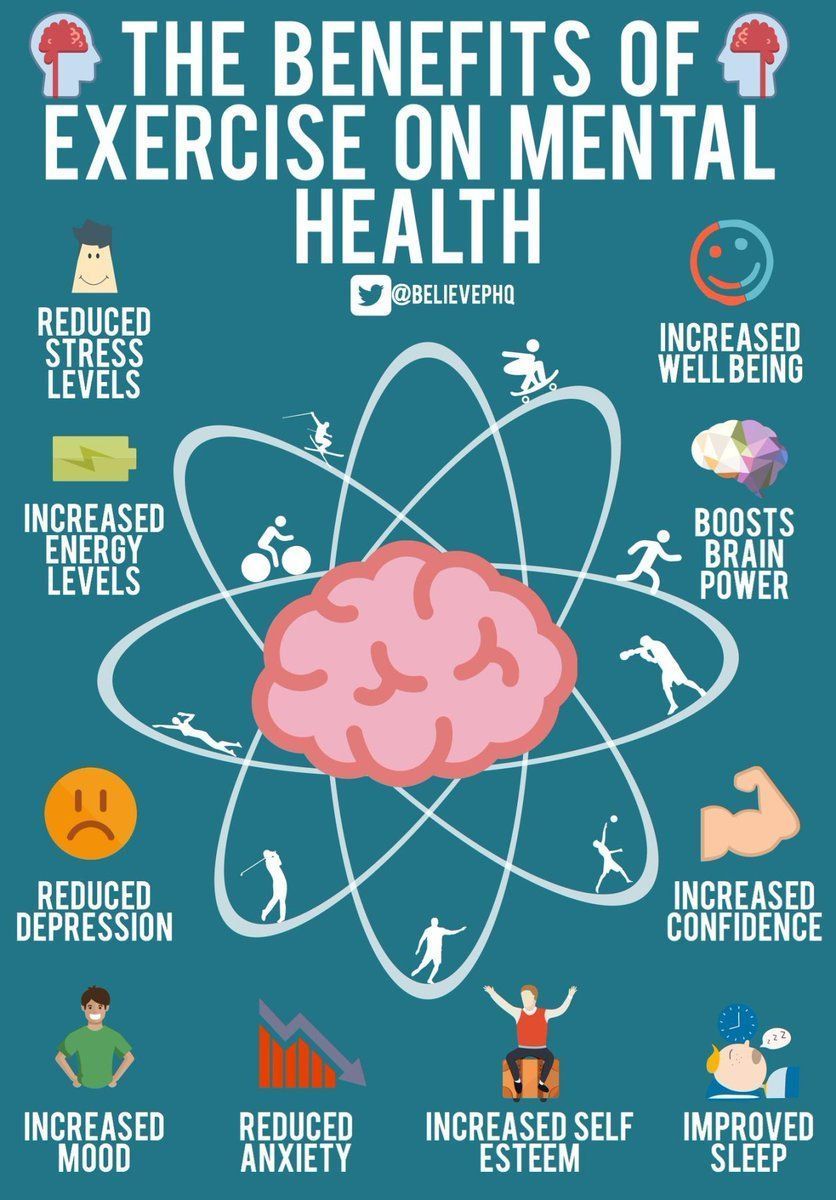Mental Health and Physical Fitness

The Link Between Mental Health and Physical Fitness
It's no secret that exercise is good for the body. But did you know that it's also good for the mind? Regular exercise has been shown to have a positive impact on mental health, reducing symptoms of anxiety and depression, and improving overall mood. This is because exercise releases endorphins, which are the body's natural feel-good chemicals. These endorphins not only reduce pain and stress, but also create feelings of euphoria and well-being.
The Benefits of Exercise for Mental Health
Regular exercise has many benefits for mental health, including:
- Reducing symptoms of anxiety and depression
- Improving sleep quality
- Boosting self-esteem and confidence
- Reducing stress and tension
- Increasing energy levels
- Improving cognitive function
The Importance of Finding the Right Exercise Routine
While exercise is beneficial for mental health, it's important to find the right routine that works for you. This means finding an activity that you enjoy and that fits into your lifestyle. Whether it's running, yoga, or weightlifting, the key is to find an activity that you look forward to and that makes you feel good. This will not only make exercise more enjoyable, but will also increase the likelihood that you will stick with it long-term.
The Role of Nutrition in Mental Health and Physical Fitness
In addition to exercise, nutrition also plays a crucial role in both mental health and physical fitness. Eating a healthy, balanced diet can provide the body with the nutrients it needs to function properly, while also reducing the risk of chronic diseases such as heart disease and diabetes. But did you know that nutrition can also affect mental health?
The Gut-Brain Connection
Research has shown that there is a strong connection between the gut and the brain, known as the gut-brain axis. This means that the health of the gut can have a significant impact on mental health. In fact, the gut is often referred to as the "second brain" due to the large amount of neurotransmitters it produces, including serotonin, which is often called the "feel-good" hormone.
The Importance of a Healthy Diet for Mental Health
Eating a healthy, balanced diet that is rich in nutrients can help support both physical and mental health. This means consuming a variety of fruits, vegetables, whole grains, lean proteins, and healthy fats. It also means limiting processed foods, sugar, and alcohol, which can have a negative impact on both mental and physical health.
The Benefits and Drawbacks of Medication for Mental Health
While exercise and nutrition are important for mental health, some individuals may require medication to manage their symptoms. Medication can be helpful in reducing symptoms of anxiety and depression, but it's important to understand both the benefits and drawbacks before starting any medication.
The Benefits of Medication for Mental Health
Benefits of medication for mental health can include:
- Reducing symptoms of anxiety and depression
- Improving mood and overall quality of life
- Helping to manage symptoms of other mental health conditions
The Drawbacks of Medication for Mental Health
Drawbacks of medication for mental health can include:
- Side effects, including weight gain and sexual dysfunction
- Dependency and addiction
- Masking underlying issues
- Not addressing the root cause of the problem
FAQs
Q: How often should I exercise for mental health?
A: It's recommended to exercise for at least 30 minutes a day, five days a week for mental health benefits. However, any amount of exercise is better than none, so start with what feels comfortable and gradually increase as you feel able.
Q: What types of food are good for mental health?
A: Foods that are rich in vitamins, minerals, and healthy fats are good for mental health. Examples include fruits, vegetables, whole grains, lean proteins, and healthy fats like omega-3 fatty acids found in fish.
Q: Can medication cure mental health conditions?
A: Medication can help manage symptoms of mental health conditions, but it is not a cure. It's important to also address underlying issues and make lifestyle changes to support overall mental health.
Q: What should I do if I'm experiencing symptoms of anxiety or depression?
A: If you're experiencing symptoms of anxiety or depression, it's important to seek help from a healthcare professional. This can include a therapist, counselor, or psychiatrist. They can work with you to develop a treatment plan that works for you.
Conclusion
Overall, the link between mental health and physical fitness is clear. Exercise and nutrition play a crucial role in supporting both physical and mental health. While medication can be helpful for managing symptoms, it's important to also make lifestyle changes and address underlying issues to support overall mental health. By prioritizing both physical and mental health, we can improve our overall quality of life and well-being.
